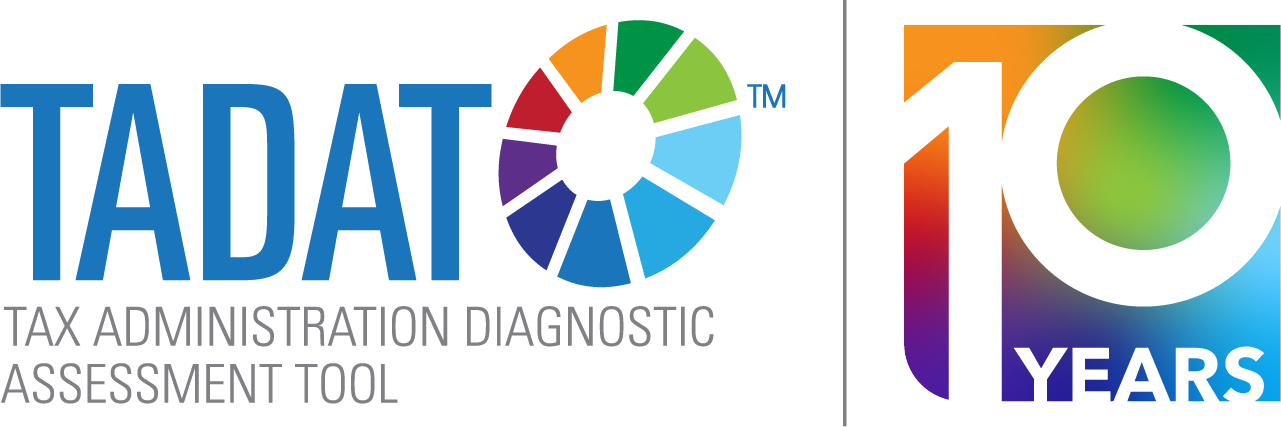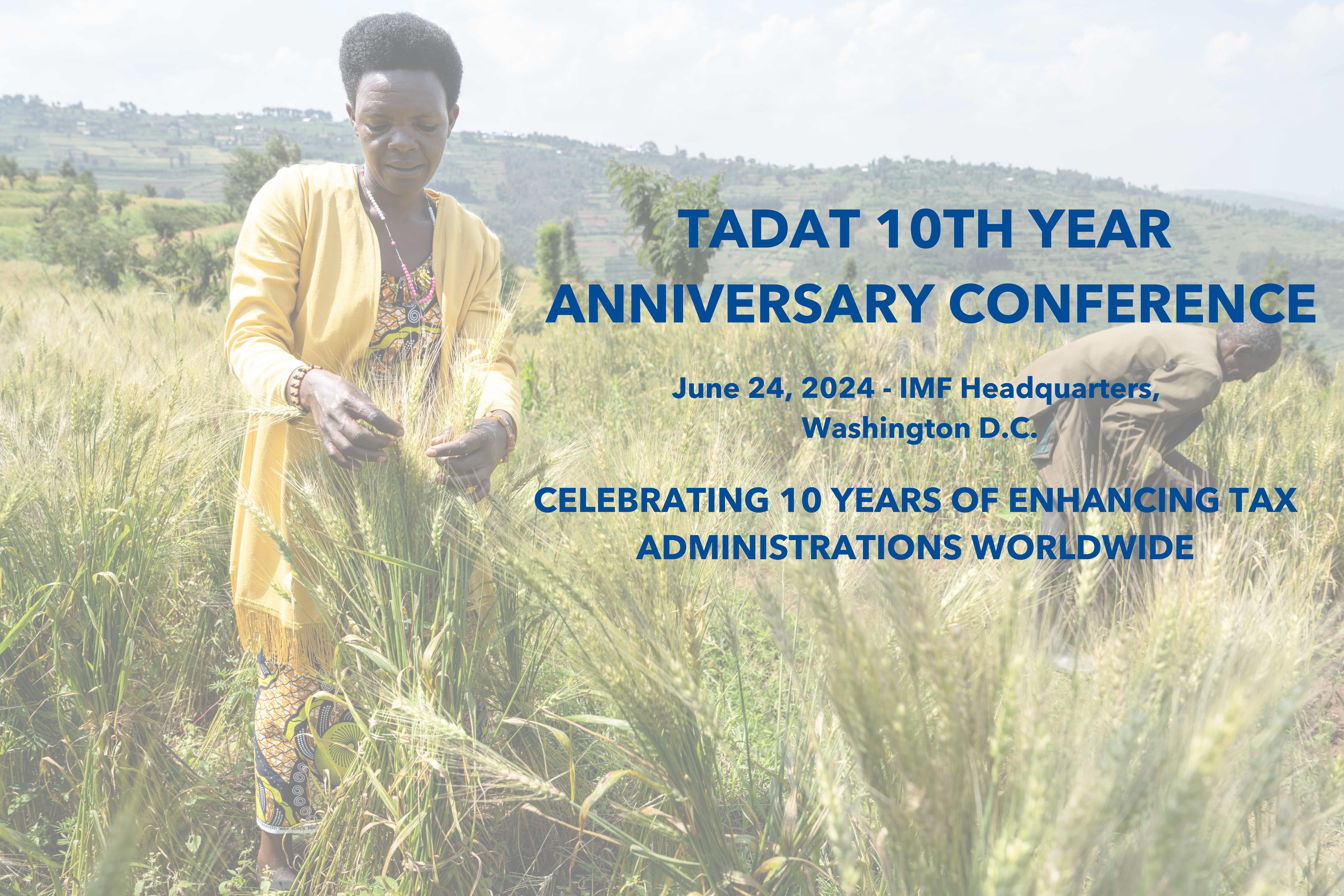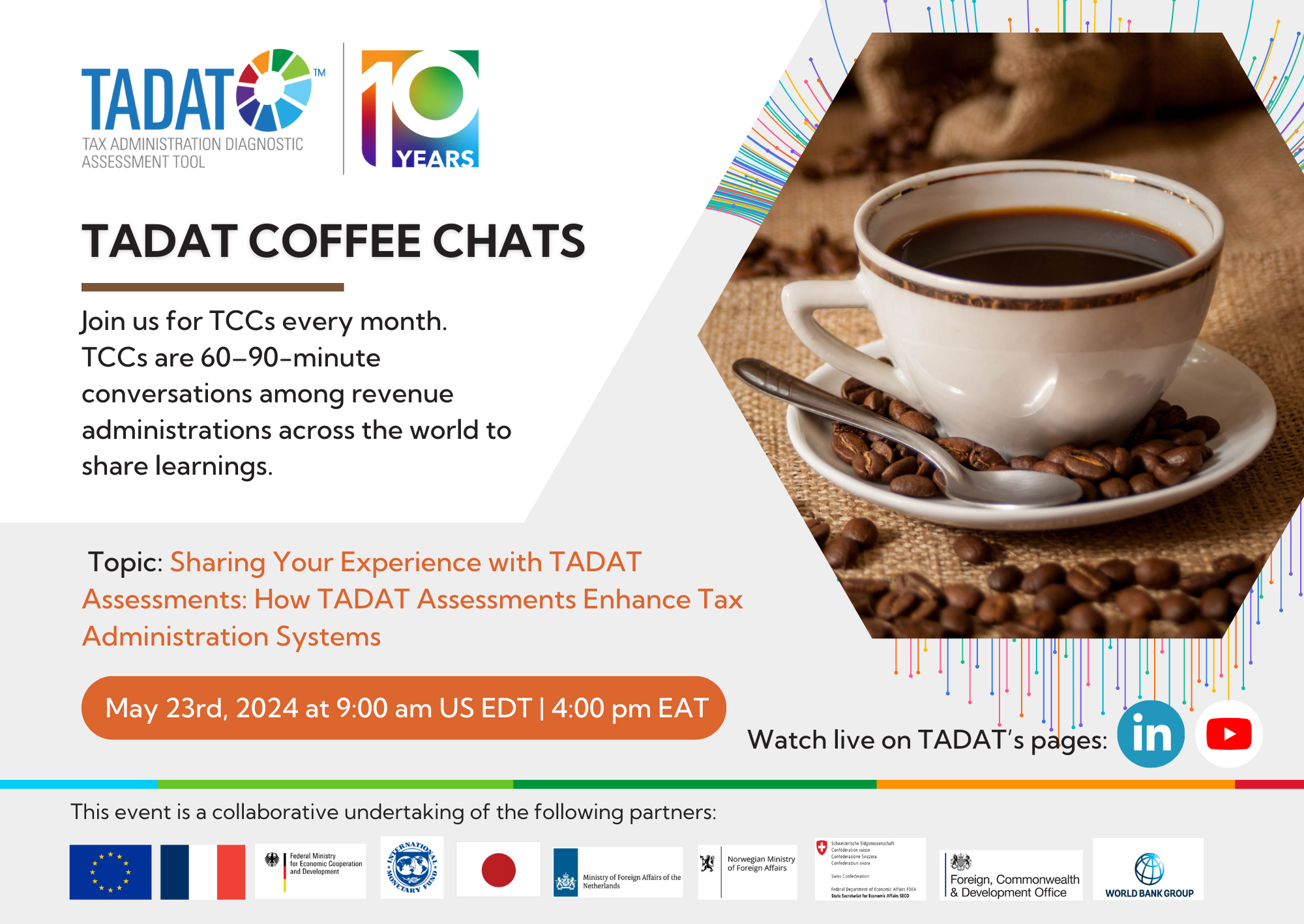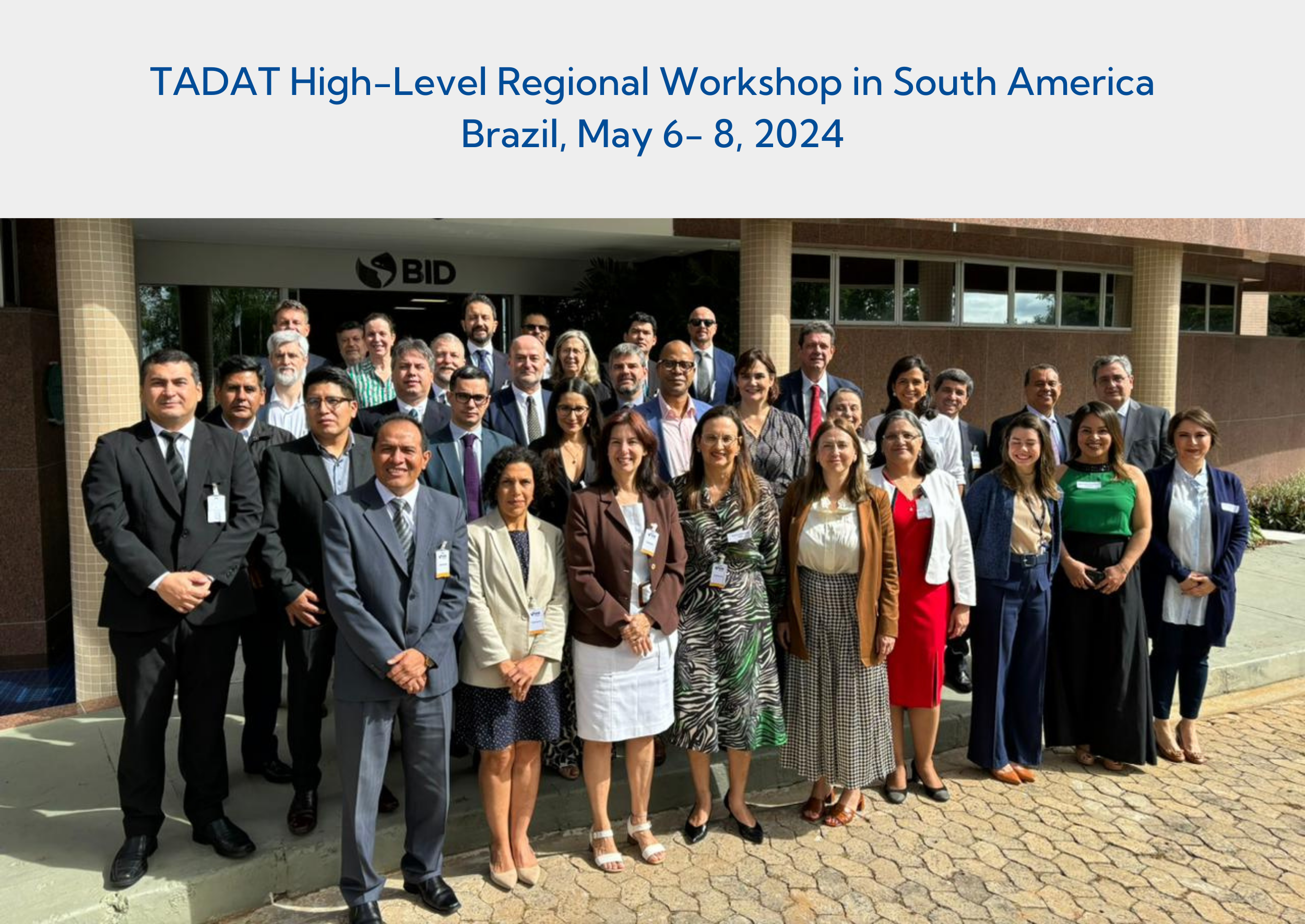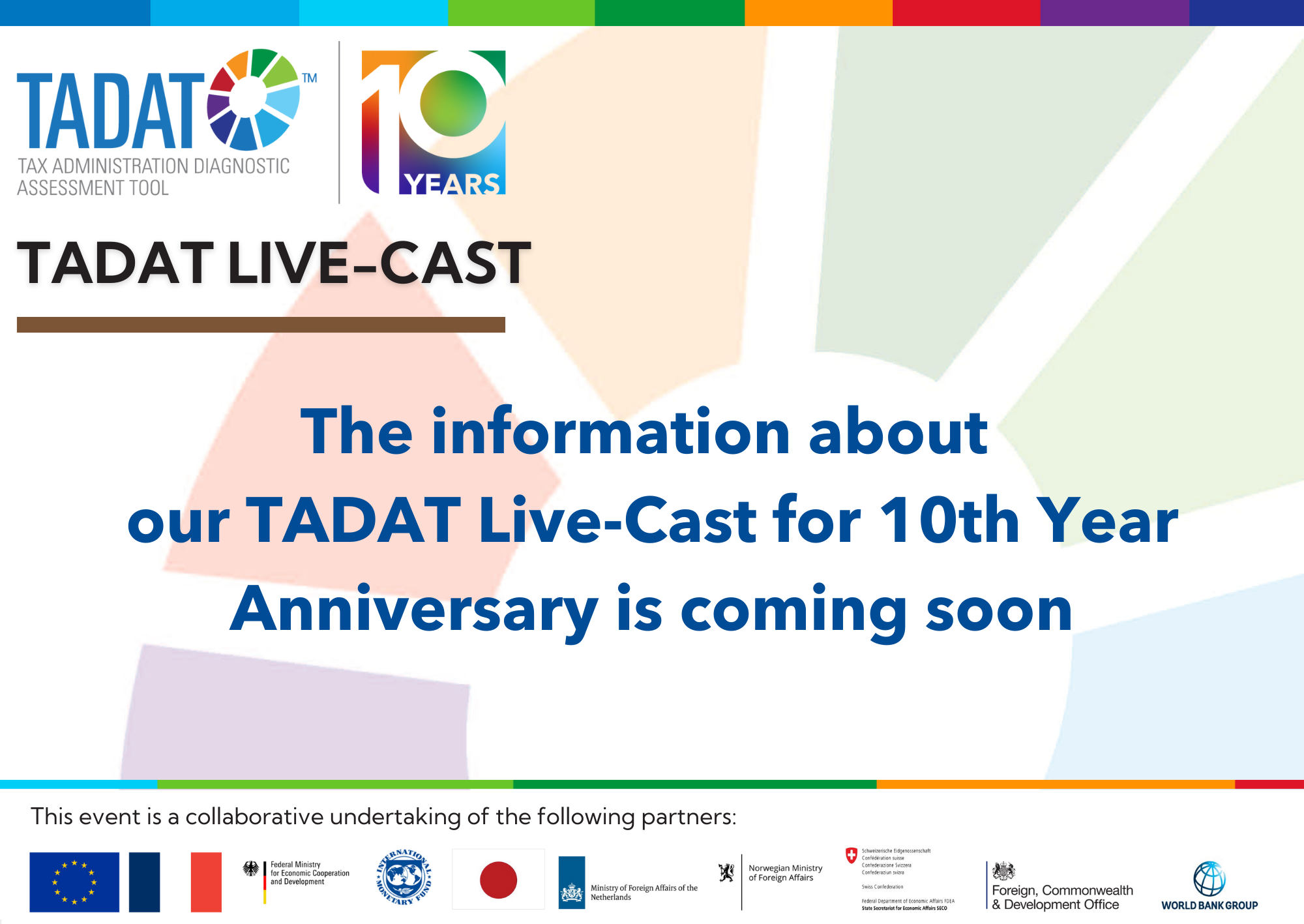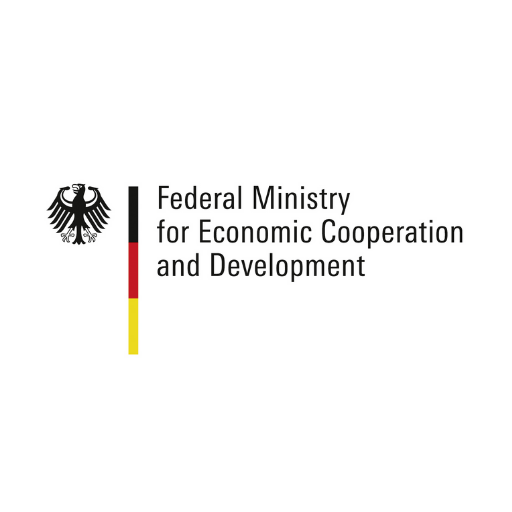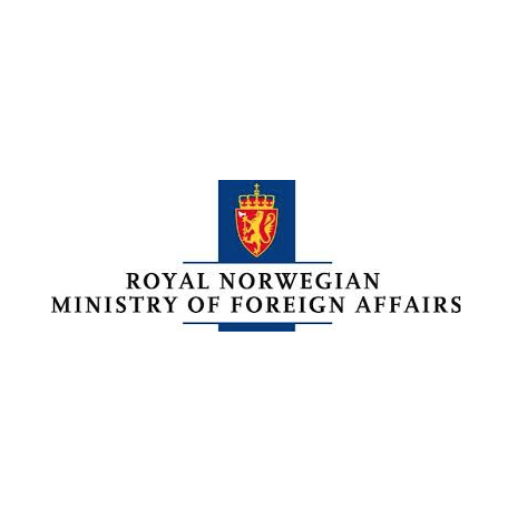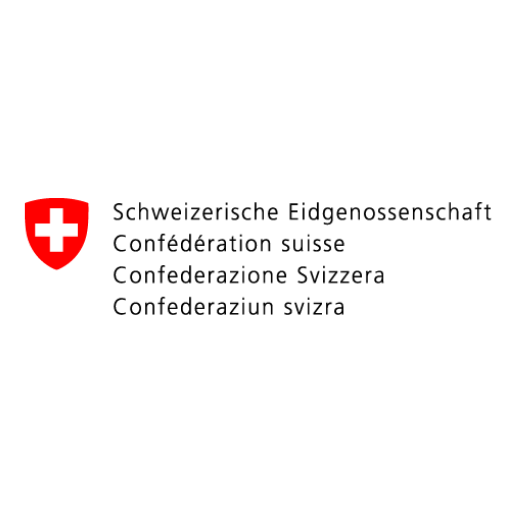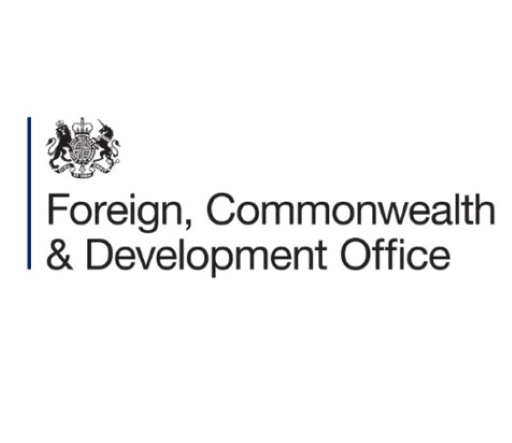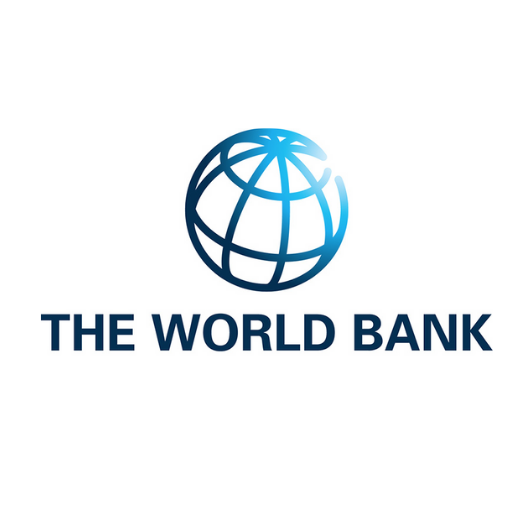ANNIVERSARY EVENTS
Since its inception in 2014, TADAT has evolved into one of the most popular tax administration assessment tools globally. For the past decade, TADAT has been a guiding light for countries, providing insights into the strengths and weaknesses of their tax administration systems. As we commemorate this milestone anniversary, we invite you to join us in celebrating the achievements and contributions of TADAT to the tax administration domain.
ANNIVERSARY CONFERENCE
TADAT ANNIVERSARY
MORE ABOUT TADAT
